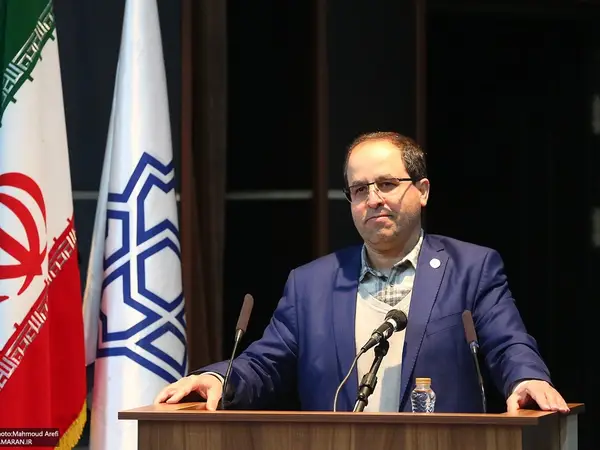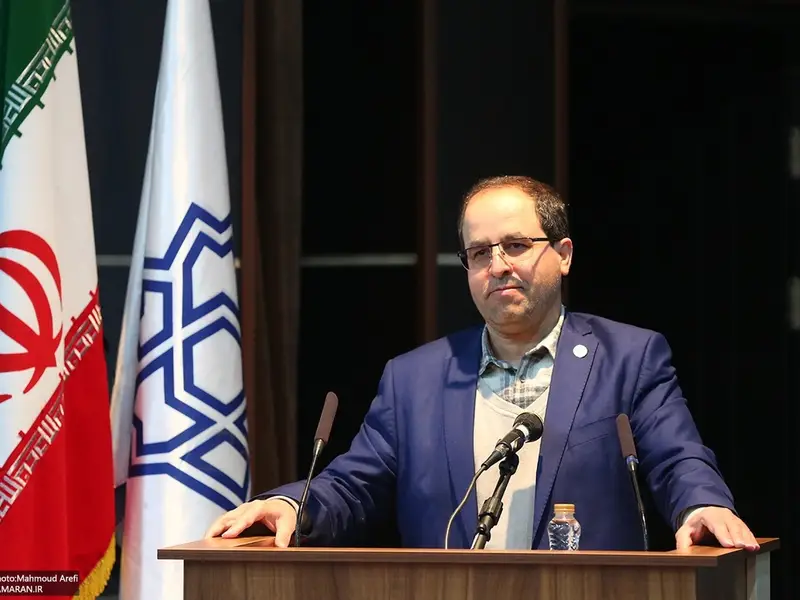The president of Tehran University, Mohammad Moghimi, has denied expelling dissident professors and students amid a nationwide crackdown on academia.
"We have never had an inappropriate approach to dealing with professors and university students at Tehran University, and no punitive action has been taken against any of the students, staff, and professors who are political and social critics in relation to their activities."
Responding to allegations of mass expulsions for academics participating in protests or showing support for the Women, Life, Freedom uprising, Moghimi said, "Expulsion has its own specific meaning. When the claim of expelling a professor is mentioned, it means terminating the contract of a professor with Tehran University for various reasons and unilaterally, which has not happened at Tehran University in the past 2.5 years."
However, recent reports suggest a contrasting narrative regarding academic freedom in Iran. In August, Etemad, a prominent reformist daily, published a list documenting the dismissal, forced retirement, or banning from teaching of 157 tenured professors between 2006 and August 2023. The purge reportedly extended to non-tenured lecturers, who were allegedly replaced by individuals aligned with the government's ideological stance.
The trend of academic purges purportedly intensified under successive administrations, including that of President Ebrahim Raisi, who initiated a "purification" campaign upon assuming office. Numerous professors, known for their secular views or dissenting opinions, faced disciplinary actions such as early retirement, contract non-renewal, and salary reductions.
The situation escalated following widespread protests sparked by the death of Mahsa Amini in morality police custody in September, with many academics expressing solidarity with the demonstrators. In response, the Raisi administration intensified crackdown measures, including summoning, detaining, and suspending professors.

